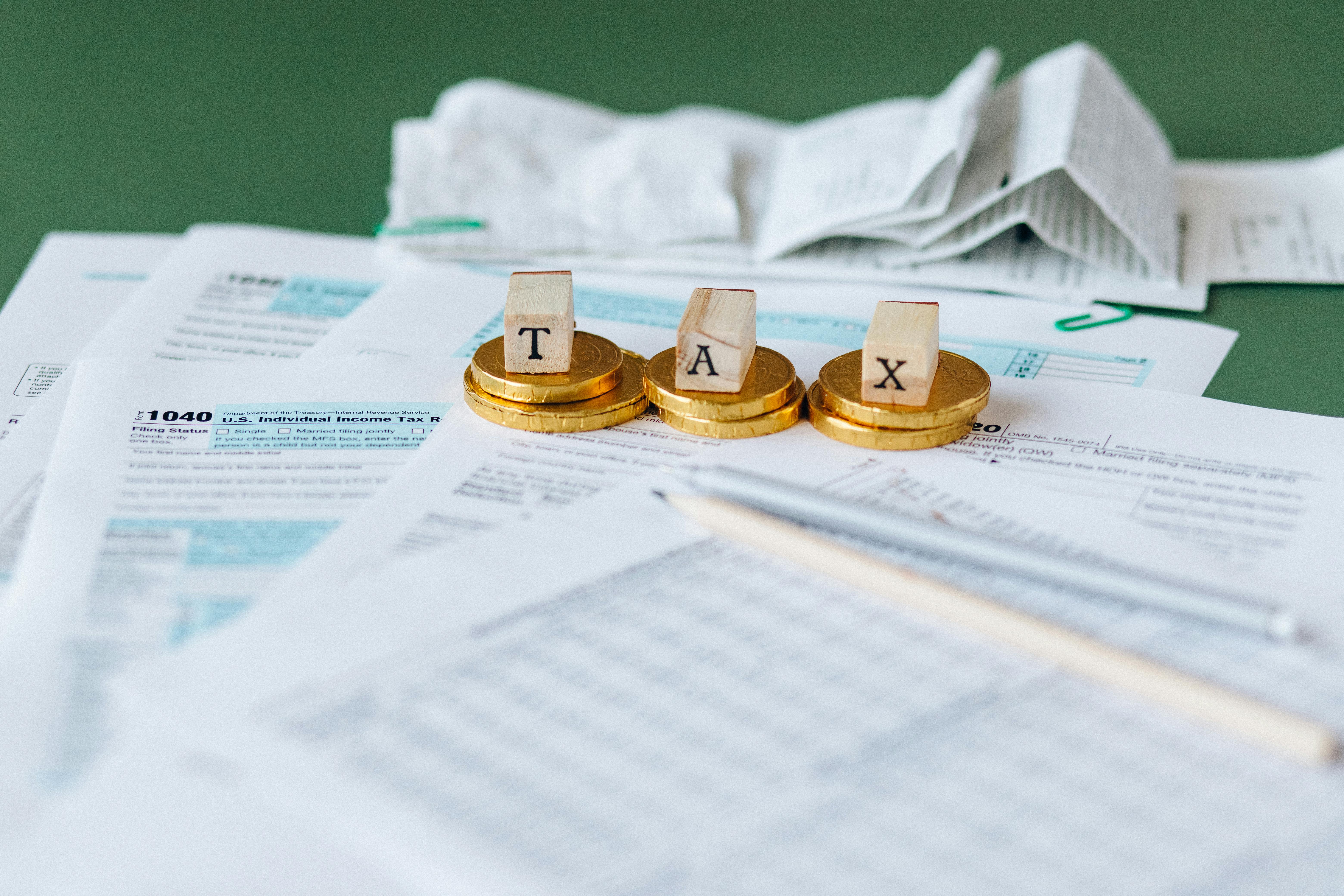
Official figures were released last week showing that inflation remains at 4% in the year to January.
Energy prices have increased due to the new energy price cap, and the price for second-hand cars also rose by 1.5%. However, food prices fell for the first time in two years by 0.4%. Discounts offered by retailers for furniture and household goods in the January sales have also exerted a downward push on inflation.
Of course, inflation staying flat does not mean that prices are not increasing. A 4% inflation rate means that prices are still going up at double the rate targeted by the Bank of England.
The Office of National Statistics (ONS) have also released figures showing that pay, excluding bonuses, grew by 6.2% in the last quarter of 2023. While this and the number of job vacancies have reduced since the summer, pay growth still exceeds inflation. The former deputy governor of the Bank of England said that he would be surprised to see the Bank lowering the base rate until this changes.
Businesses therefore continue to face increased prices for supplies and pressure to increase staff wages to meet their costs of living, while trying to balance what can be passed on to customers.
However, Chancellor Jeremy Hunt took the news as a positive, saying: “Inflation never falls in a perfect straight line, but the plan is working.”
See: https://www.bbc.co.uk/news/business-68285819

With just 10 weeks or so to go until the new tax year, many businesses are preparing for the changes that Making Tax Digital (MTD) will bring. From April, sole traders and landlords with an income of over £50,000 will need to submit quarterly updates to HMRC.

If you are new to being self-employed or being a landlord, Self Assessment can feel like one of those jobs you know you should understand better, but never quite get around to.
